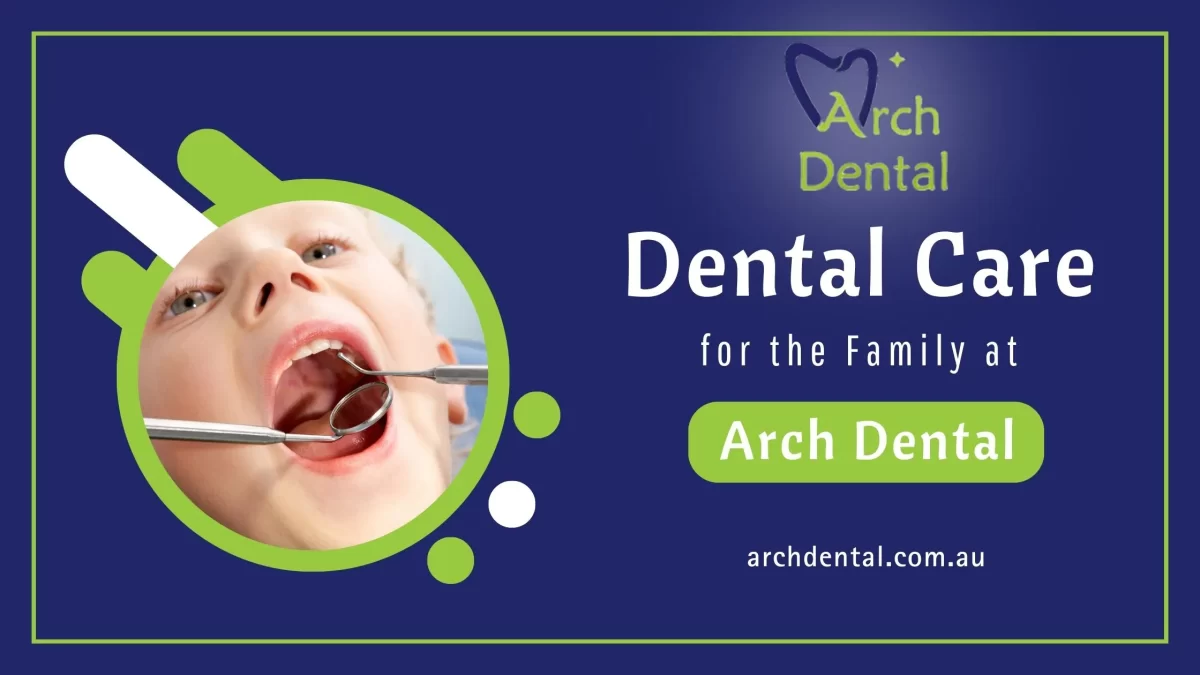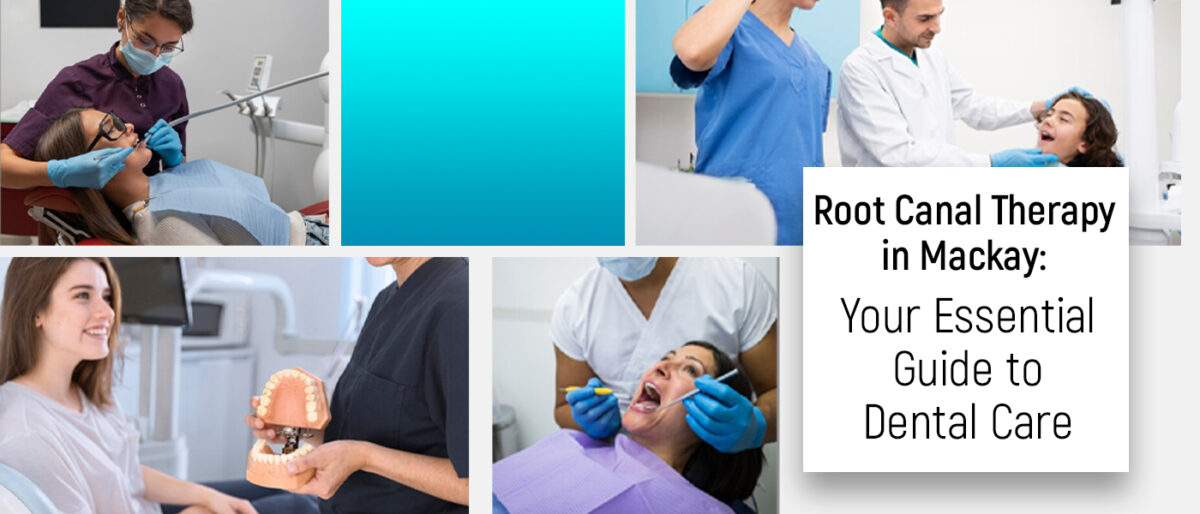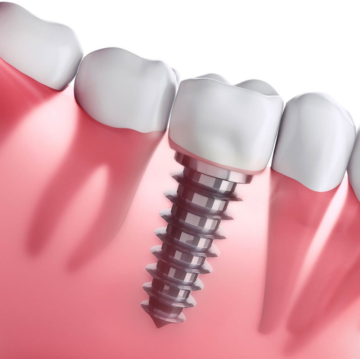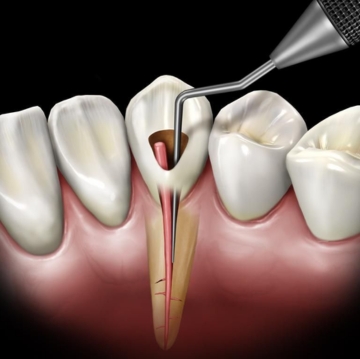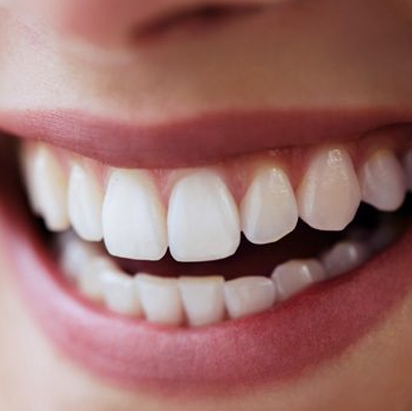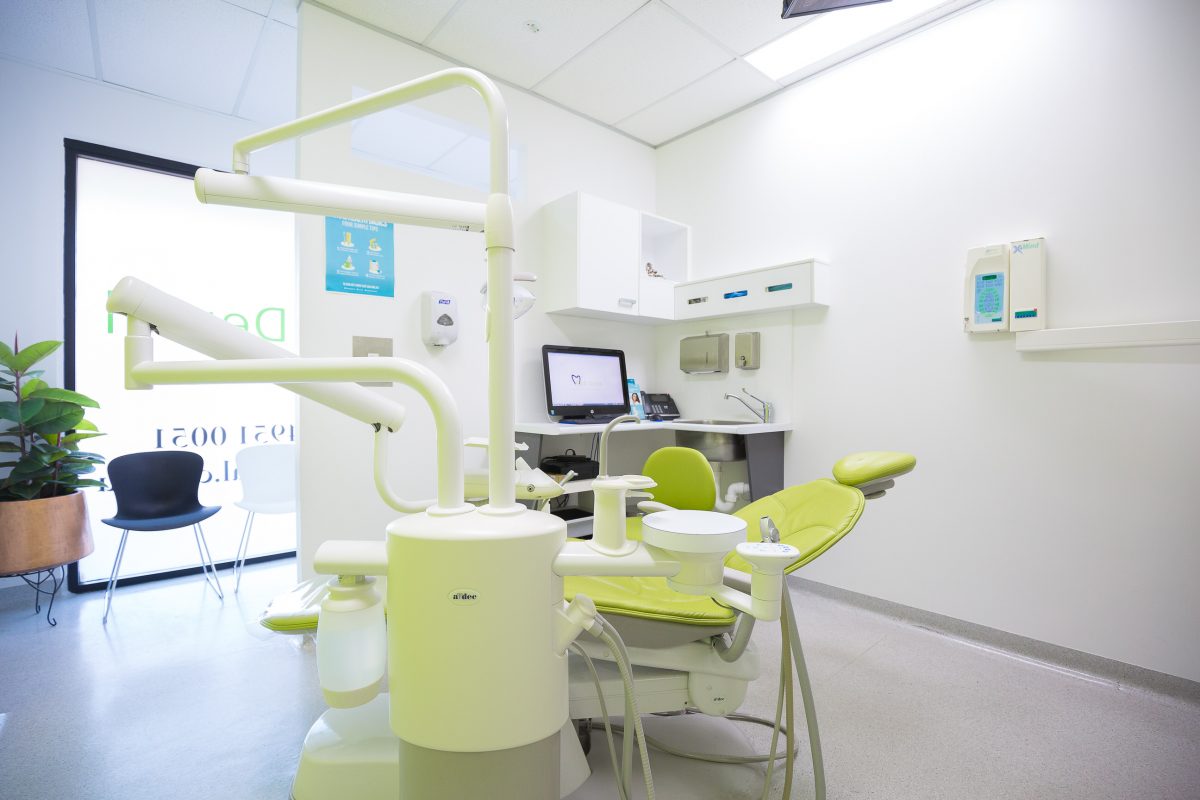Here’s What You Should Know
Let’s be honest, most of us don’t give our teeth a second thought until they start giving us grief. But keeping your pearly whites in check does more than just keep your smile camera-ready. Poor dental health can cause all sorts of drama, from chronic bad breath to serious infections that can affect your heart or overall health.
What to Expect from Your Dentist
Whether you’re a first-timer or a regular at our clinic, knowing what to expect from our dentist, takes a lot of the stress out of booking an appointment. Our clinic is geared up to look after the whole family, from the tiniest toddler to grandma and grandpa.
General Dental Procedures Offered by our Dentists
If you’ve got a niggling toothache, chipped a molar, or noticed some sensitivity, general procedures will usually cover it.
- Fillings fix holes caused by decay and stop the damage from spreading.
- Root canals sound scary, but they’re lifesavers when an infection hits the nerve inside your tooth.
- Extractions are done only when a tooth is too far gone to be saved.
Smile Makeovers
Got a big event coming up? Sick of hiding your teeth in photos? Our skilled dentists can help give your smile a glow.. Popular services include:
- Teeth Whitening: for removing stubborn stains from coffee, wine and smokes.
- Veneers: thin laminates for teeth that are chipped, crooked or discoloured.
- Smile Design: a full assessment to improve the overall look and feel of your teeth.
Dental Implants : The Long-Term Tooth Replacement Solution
Missing a tooth doesn’t mean you’ve got to settle for dentures or a permanent gap. Dental implants are a good solution for missing teeth that’s both practical and long-lasting.
What Are Dental Implants and Who Should Consider Them?
Dental implants are basically titanium screws that act as artificial roots for replacement teeth. They’re used when someone has lost a tooth due to injury, decay, or disease, and they feel and function like natural teeth.
If you’ve got a loose-fitting denture or a missing tooth that’s driving you mad, implants could be the fix you’re after.
Emergency Dental Service: Urgent Care When You Need It Most
Dental emergencies are the absolute worst, especially when they happen on a weekend or after hours. That’s where Arch Dental comes in handy.
If you’ve got:
- Throbbing pain that keeps you up at night
- A knocked-out or broken tooth
- Swelling in the face or gums
It’s time to stop hoping it goes away and ring our dental clinic.
Arch Dental: Emergency Dental Appointments
Arch Dental offers same day emergency appointments
Children’s Dental: Caring for Young Smiles
Getting the little tackers to the dentist can be like pulling teeth-literally. But it doesn’t have to be.
Our dentists at Arch Dental treat baby teeth, teach kids about oral hygiene, and manage or refer for any orthodontic concerns before they turn into bigger issues.
Making Dental Visits Easy for Kids
Our dentists go the extra mile to make kids feel comfy. That includes kid-friendly environments, gentle explanations, cartoon movies playing on the ceiling TV, and even little rewards for being brave.
Start them young, make it fun, and you’ll raise adults who aren’t scared of the dentist.
Payment Options
Arch Dental offers heaps of options to make care more affordable:
- Payment plans: Break it down over weeks or months with payment plan options like Afterpay,Humm, Zip pay and Denticare plans
- Bulk billing: Eligible kids under CDBS plan are bulk billed
- Private health: Check what your health fund includes—some health funds offer gap free check up and cleans and also cover for other procedures depending on level of cover taken.
Book Your Visit with Us Today
At the end of the day, your smile’s one of your best assets. Whether you’re tackling toothaches, chasing a cosmetic upgrade, or making sure your kids start their oral health journey right, Arch Dental covers all aspects of dentistry.
So don’t wait for that toothache to become unbearable. Call us today and get your oral health sorted. Your future self (and your smile) will thank you.
Frequently Asked Questions
- How to book an appointment?
You can book online on our website www.archdental.com.au or call us at 49510051.
- What Is the Recovery Time After Dental Surgery?
Most people bounce back in a few days to a week. Your dentist will give you specific aftercare instructions.
- Are Dental Implants Safe and Long-Lasting?
Absolutely. They’re one of the most reliable dental treatments, lasting for long when cared for properly.
- Can I Get Payment plans?
Yes. We offer flexible payment plans to help spread out the cost of the procedures.
- How Do I Prepare My Child for a Dental Procedure?
Keep things positive, explain to them before they come to the dental clinic and let us know if you want us to play their favourite show on the TV on the ceiling.




